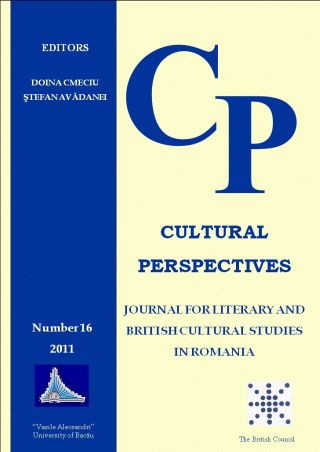Gulliver’s Travels and The Satanic Verses: Migration, Alienation and Monstrosity
Gulliver’s Travels and The Satanic Verses: Migration, Alienation and Monstrosity
Author(s): Mehmet Ali ÇelikSubject(s): Literary Texts
Published by: Editura Alma Mater
Keywords: alienation; monstrosity; foreigners; Salman Rushdie; Jonathan Swift.
Summary/Abstract: When Lemuel Gulliver, in Jonathan Swift’s Gulliver’s Travels, swims to the shores of Lilliput half-unconsciously and faints as soon as he lands, he is arrested by hundreds of Lilliputians for being a giant, monstrous alien. Gulliver finds himself as “othered”, having to learn the language and culture of all the savage lands that he discovers. When Gibreel Farishta and Saladin Chamcha fall off an exploded aircraft on the English Channel in Salman Rushdie’s The Satanic Verses, they land on the English soil alive miraculously. Gibreel grows wings on his shoulders metamorphosing into an angel and Saladin grows horns and hooves turning into Satan. There is a parallelism between Gulliver’s Travels and The Satanic Verses in terms of their representations of foreignness, alienation and monstrosity. This paper analyses the theme of monstrosity in connection with alienation and questions the differences and similarities between Gulliver’s explorations and Saladin and Gibreel’s migration in terms of the meanings imposed upon the foreigners.
Journal: Cultural Perspectives - Journal for Literary and British Cultural Studies in Romania
- Issue Year: 2011
- Issue No: 16
- Page Range: 21-30
- Page Count: 10
- Language: English
- Content File-PDF

